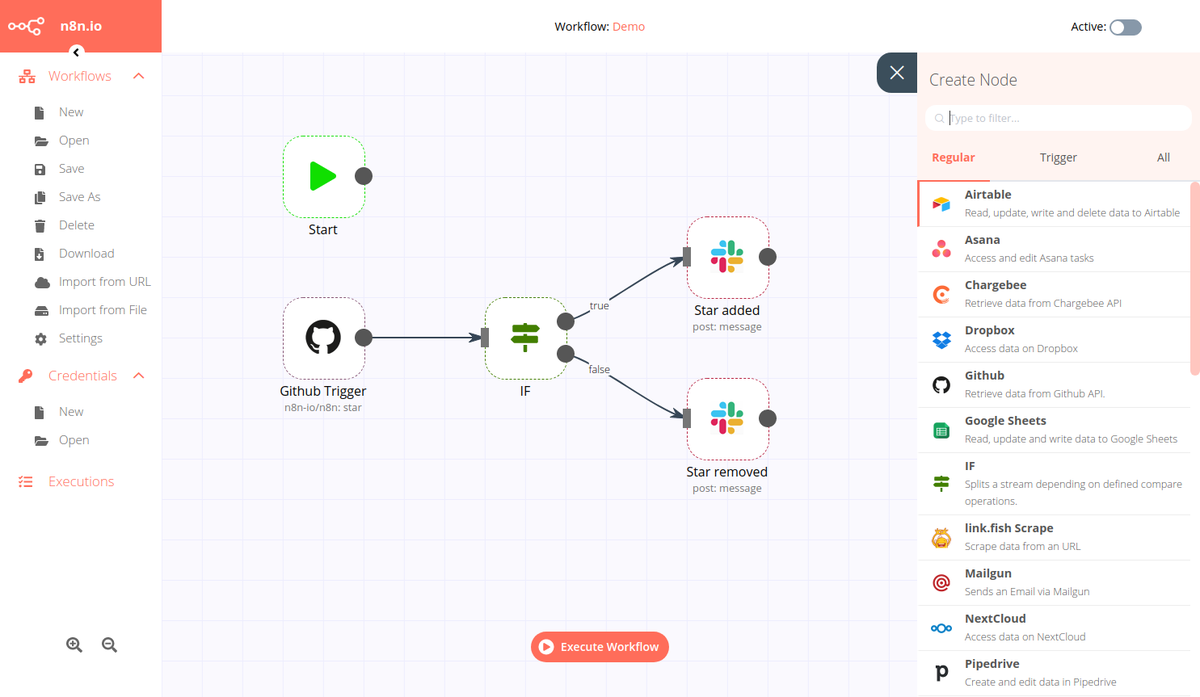Decentralizing the web with Beaker
Feross talks with Mathias Buus and Paul Frazee about the decentralized web, why the average person should care about decentralization of the web, the Beaker browser, Dat and the differences and similarities to BitTorrent, and how Paul and Mathias first got involved in this work.
Matched from the episode's transcript 👇
Paul Frazee: But I think they had a different concept of it. I tried it out, and whenever you went to a torrent, it actually sort of acted like a typical torrent client, as opposed to behaving like a website. I don’t know if they were quite tried to use it as a drop-in replacement to HTTP, which is what we started doing with Dat and that was one of the differences…
But back to Feross’ original question, the good news is that there’s a lot of projects out there right now that are attacking this problem. So for anybody that’s really into decentralizing the web, you should be happy to hear that. A lot of it has to do with blockchains. Beaker and Dat - we don’t use any blockchains; we’re really actually just seeing how far we can get with Dat… And there’s some technical similarities, because Dat has this append-only log behind every Dat archive, which retains all the history and it uses signatures on that log… But unlike almost every other blockchain, there’s no decentralized consensus, which is the major feature of a lot of the cryptocurrencies.
[16:23] But the Ethereum project has been really explicit about how they wanted to build a next iteration of the web with their tech; they even started, I believe, the Web 3 Foundation.
You know, I guess almost all of the blockchain-based solutions have payments at the core of what they’re trying to add to the web, which is cool… Payments are important; it’s important that people can make money off of their work, and it’s all sustainable… But the main difference, I feel like, between what we’re doing and what the cryptocurrency-based projects are doing is that by not using the blockchain, by not having decentralized consensus, we actually reduced costs even more. You can do this all with hardware that already exists, you don’t have to pay any money to transact on this network, and you end up getting a lot of the same kind of benefits, where you’re detached from any proprietary cloud, which is really what’s at the heart of all this.
So that would be probably the most significant difference between a lot of these projects - is there a cryptocurrency involved or not?









